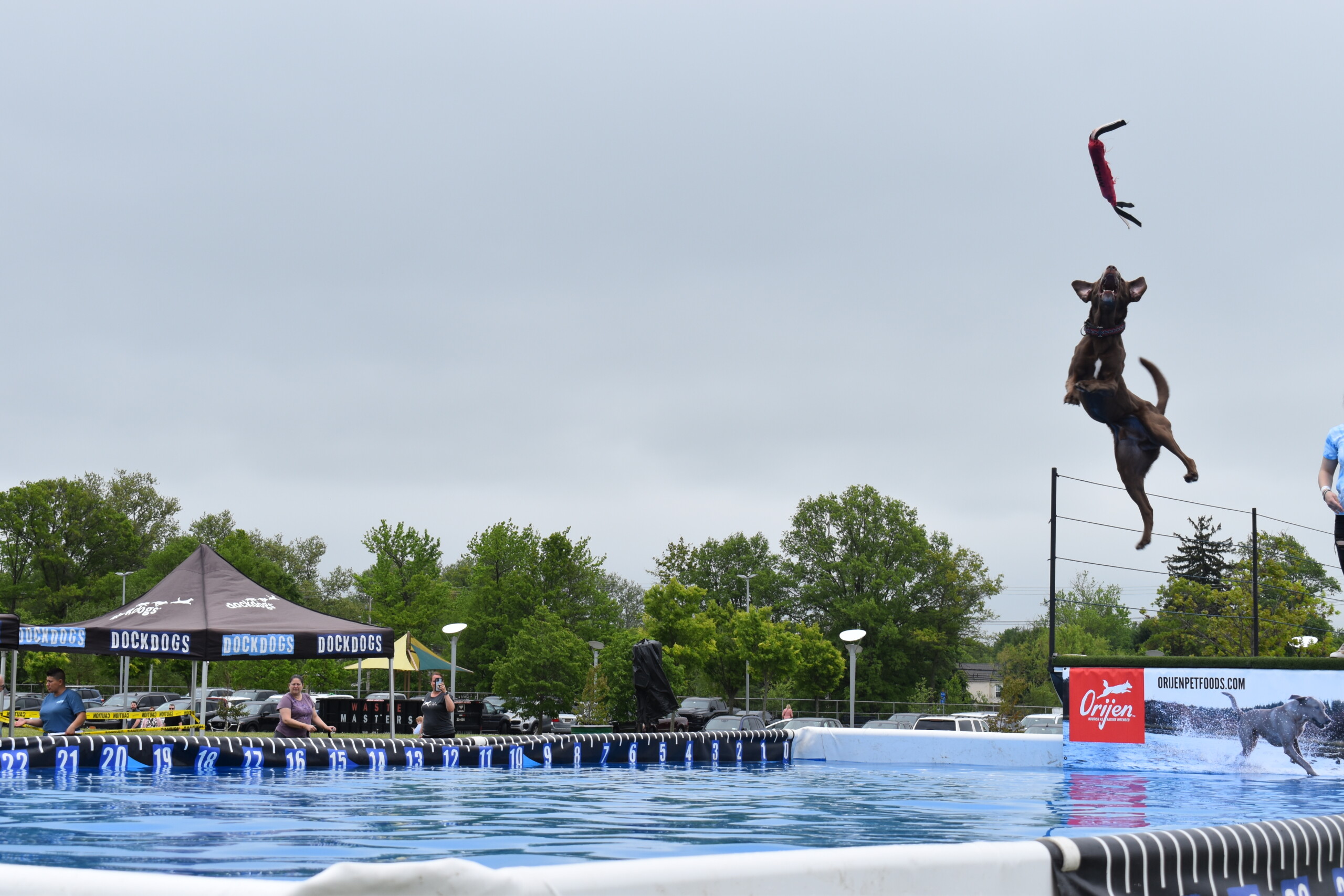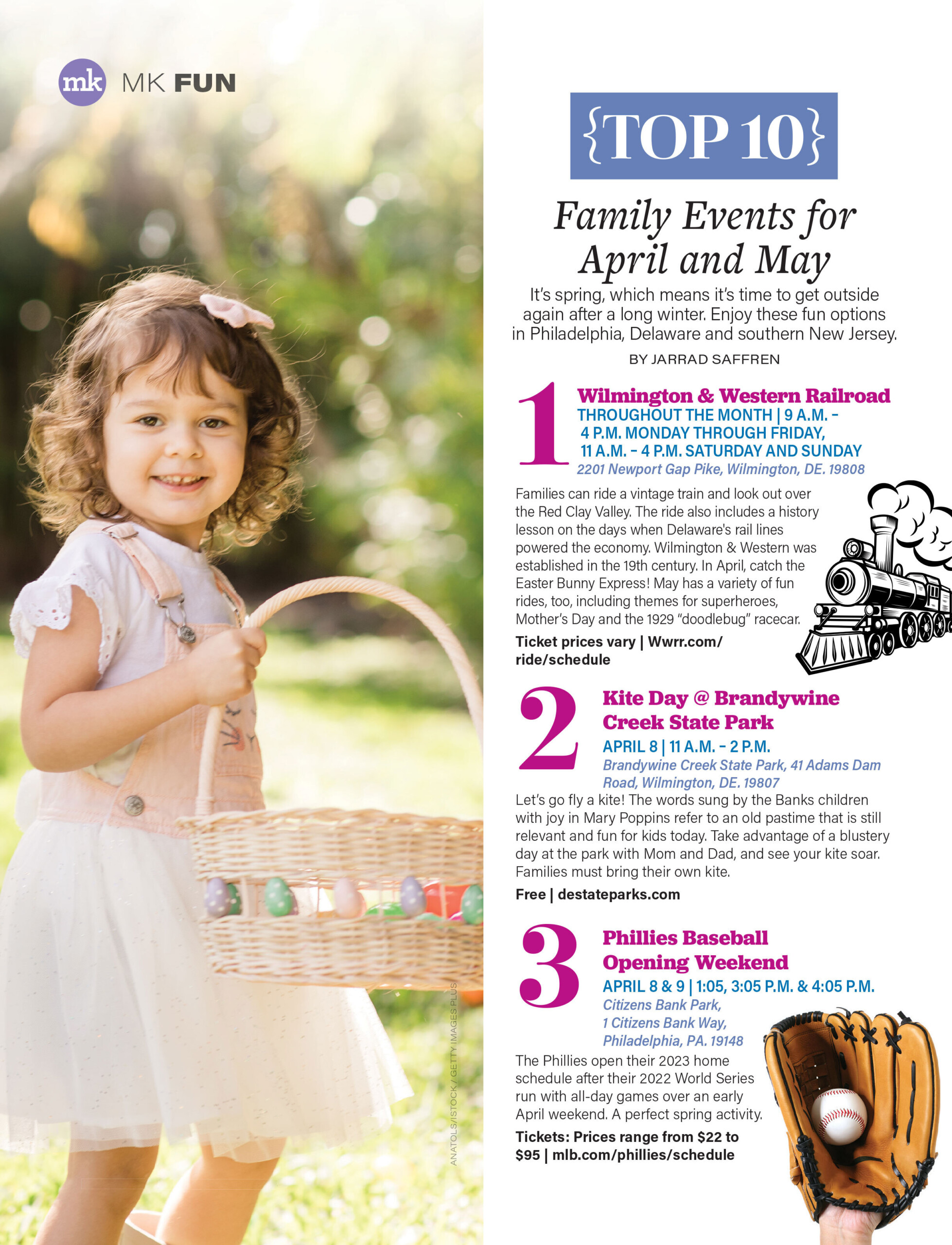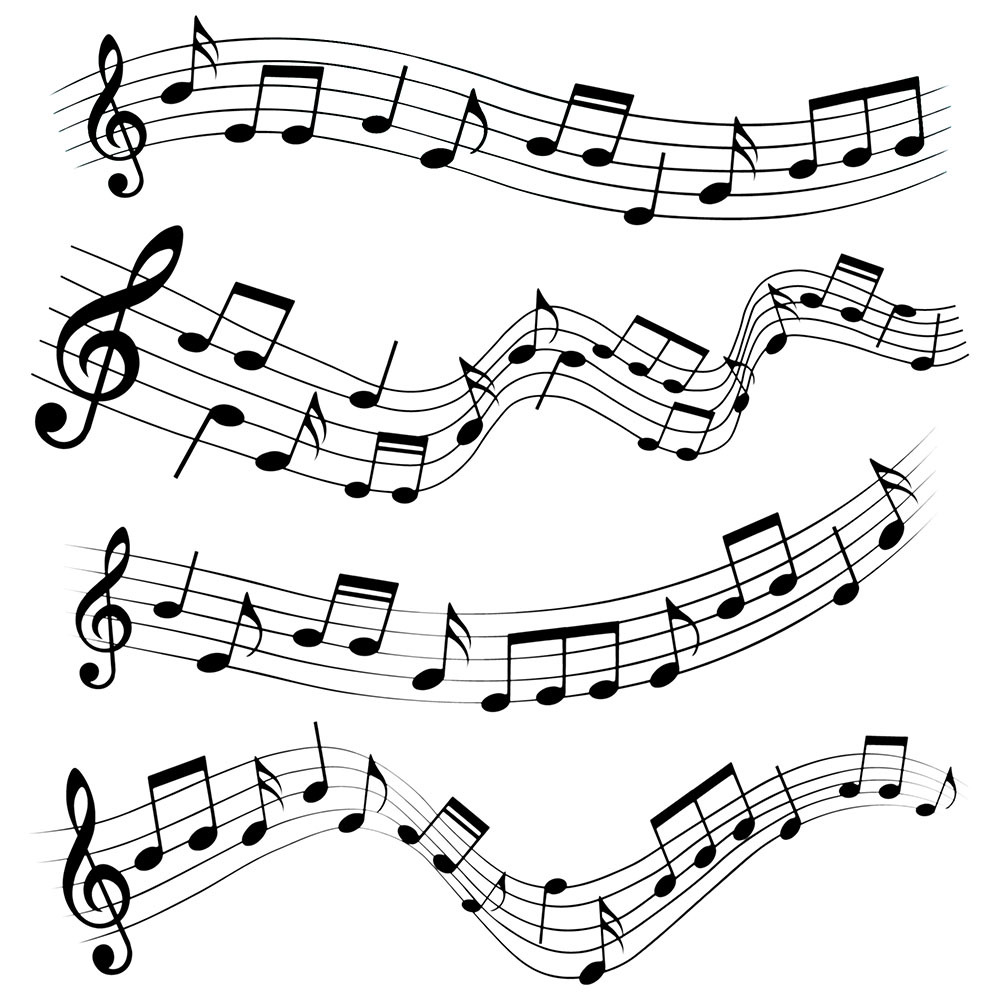New Jersey has long been celebrated as a bastion of multiculturalism. In fact, it’s the fourth-most diverse state in the country. From the city to small towns, cultural communities have established locales complete with businesses, restaurants and gathering spots. These enclaves not only provide a space for residents to connect to their heritage — they’re also a great opportunity for education and exploration, teaching kids the importance of diversity along the way.
Plus: Check out ethnic enclaves and festivals in Philadelphia and Delaware.

Lawnside in Camden County
This small community has a big place in national history: Abolitionists purchased the land in 1840, making it a safe haven for free and escaped slaves, as well as other African Americans. In 1926, a special election made Lawnside the first independent, self-governing black community north of the Mason-Dixon Line. Dig deeper into the town’s past at the Peter Mott House. Home to a free, self-made farmer and his wife, the residence serves as a museum dedicated to its role as a station in the Underground Railroad.
Little India in Middlesex County
The county is home to the state’s largest presence of Asian Americans. This stat is perhaps best highlighted by the popularity of Little India, a 1.5-mile stretch of Oak Tree Road that runs through neighboring towns Edison and Iselin. Known as the country’s most expansive hub for South-Asian culture, the district attracts both local and out-of-state visitors.
The streets are lined with 400 businesses, including 80 restaurants.= Broaden your culinary horizons at Swagath Gourmet, which lets diners try a wide variety of South Indian dishes; authentic Pakistani joint Tabaq; and Ming, lauded for its hefty portions of Pan-Asian fare. End on a sweet note with Kwality Ice Cream, a shop that offers electric, Indian-inspired flavors as well as kulfi, a treat with a delightfully dense, creamy texture. The New Jersey India Day Parade also takes place here annually in August. Hosted by the Indian Business Association, the bash attracts more than 30,000 attendees.
Multicultural Museums and Historic Sites in New Jersey
African American Heritage Museum of Southern New Jerse in Newtonville
This museum evolved from the personal collection of its founder Ralph Hunter. Today, it encompasses thousands of artifacts — drawings, paintings, advertisements, household items & other objects that offer glimpses into African American culture, past and present. See slave posters, read stories about Aunt Jemima & check out an original copy of the 1899 children’s book Little Black Sambo, Hunter’s first museum acquisition.
In addition to the site’s arts center and walkable trails, the farm provides insight into local history. Walk in the steps of the brave individuals who were part of the Underground Railroad, learning about the early owners’ efforts to help fugitive slaves as well as two slaves who, after having their freedom purchased by the farm’s owner, remained working at the mill as a sign of gratitude and later helped establish a settlement of freed slaves.
Mount Zion African Methodist Episcopal (AME) Church in Woolwich Township
This church and designated historic site, built to rectify the segregation African Americans suffered in Philadelphia churches, served as a stop on the Underground Railroad. Once inside the church, still in use by the congregation, see the 3-by-4-ft. door in the vestibule that led to a crawlspace under the floor where runaway slaves could hide for days.








